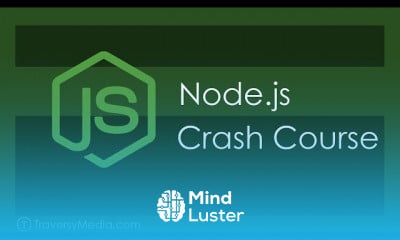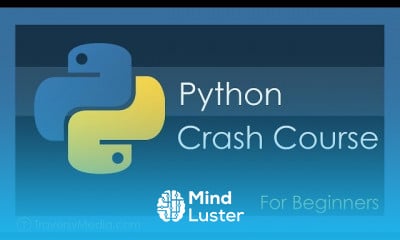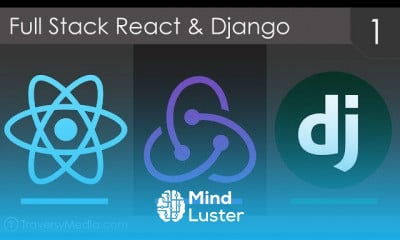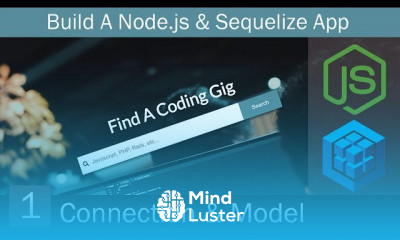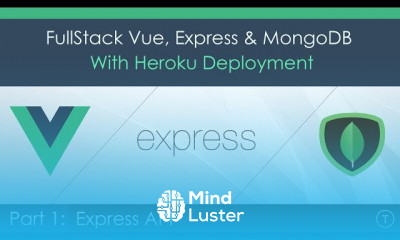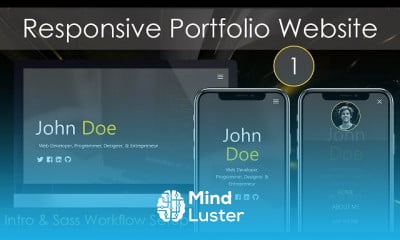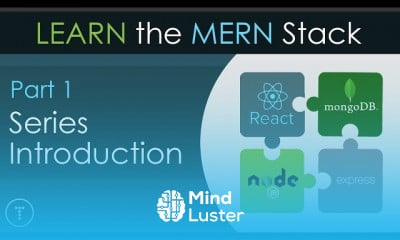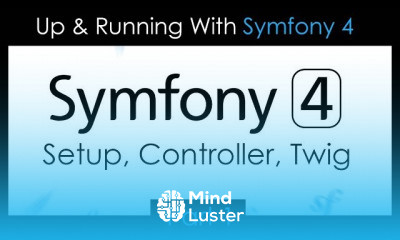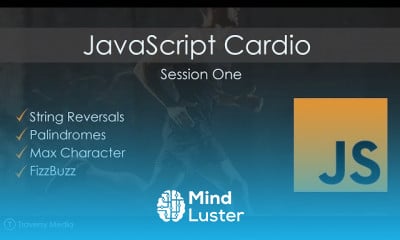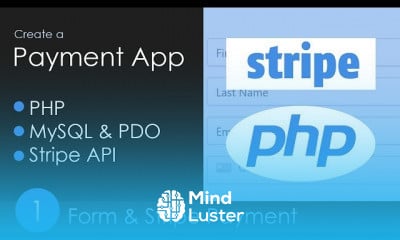Learn Modern C by Building an Audio Plugin w JUCE Framework Full Course
Share your inquiries now with community members
Click Here
Sign up Now
Lessons List | 8
Lesson
Comments
Related Courses in Programming
Course Description
What are some good tutorials for learning C and C++?
C Programming at LearnVern.
C++ For C Programmers at Coursera.
C++ Fundamentals at Pluralsight.
C Programming For Beginners at Udemy.
C++ Tutorial for Complete Beginners at Udemy.
Advanced C++ Programming Training Course at Udemy.
comp. lang. ...
C++ Annotations (Version 10.9.
How to Learn the C and C++ Languages: The Ultimate List
C is often called a middle-level computer language since it combines the elements of high-level languages with the functionalism of assembly language. C allows the manipulation of bits, bytes, and addresses—giving the programmer more control over exactly how the program will behave and a more direct access to the mechanics of the underlying hardware. C was created, influenced, and field-tested by working programmers. The end result is that C gives the programmer what the programmer wants. C++ is an enhanced version of the C language. C++ includes everything that is part of C and adds support for object-oriented programming (OOP). In addition, C++ also contains many improvements and features that make it a "better C," independent of object-oriented programming.
developers
designers
finance_experts
project_managers
product_managers
insights
Cover image
Back-end
9 minute read
How to Learn the C and C++ Languages: The Ultimate List
C is often called a middle-level computer language since it combines the elements of high-level languages with the functionalism of assembly language. C allows the manipulation of bits, bytes, and addresses—giving the programmer more control over exactly how the program will behave and a more direct access to the mechanics of the underlying hardware. C was created, influenced, and field-tested by working programmers. The end result is that C gives the programmer what the programmer wants. C++ is an enhanced version of the C language. C++ includes everything that is part of C and adds support for object-oriented programming (OOP). In addition, C++ also contains many improvements and features that make it a "better C," independent of object-oriented programming.
The Toptal Research Team
Author
The Toptal Research Team
The Toptal Research Team includes some of our most experienced professionals.
0shares
SHARE
The C programming language was originally developed for and implemented on the UNIX operating system by Dennis Ritchie. The C language, which is quite simple, is not tied to any particular hardware or system. This makes it easier for a user to write programs that will run without many (or any) changes on practically all machines.
The C language is often called a middle-level computer language as it combines the elements of high-level languages with the functionalism of assembly language. C programming allows the manipulation of bits, bytes, and addresses—giving the programmer more control over exactly how the program will behave and more direct access to the mechanics of the underlying hardware.
C was created, influenced, and field-tested by working programmers. The end result is that C gives the programmer what the programmer wants.
C++ is an enhanced version of the C language. C++ includes everything that’s part of C and adds support for object-oriented programming (OOP). In addition, C++ also contains many improvements and features that make it a “better C,” independent of object oriented programming.
The C++ language is actually extensible since we can define new types in such a way that they act just like the predefined types which are part of the standard language.
If you just use C++ as a better C, you will not be using all of its power. Like any quality tool, C++ must be used the way it was designed to be used to exploit its richness. Some of the new features include encapsulation, inline function calls, overloading operators, inheritance, and polymorphism.
Why would I want to learn C or C++?
C and C++ are still two of the most popular programming languages out there. The syntax and concepts of C, especially, has stood the test of time, and you can see them being carried on to other popular programming languages, even the modern ones, such as Go.
Even if you are going to build web applications or fancy web front-end components for the rest of your life, learning C will help you understand how software and hardware actually interact.
Besides, C and C++ are everywhere.
C in particular powers a lot more technology than we give it credit for.
On the other hand, some of your favorite software - possibly even the web browser you are reading this article on—is built on C++. Knowing C is a good base, but in many cases, software development will require you to learn C++ and its paradigms.
If you want to develop software that needs to make the most out of a computer’s performance and capabilities—high-end desktop games, sophisticated productivity tools, or complex computationally intensive programs, for instance—or if you just want a programming language that lets you interact with a computer’s hardware directly, C and C++ are the languages for you.
So, why would you not want to learn C++ or C? It’s not like 25 years ago, when you might have had to invest in a proprietary compiler to get started—today you can certainly learn C++ free.
How can I get started with C and C++?
To get started with C or C++, what you’ll want in most cases, at the very least, is a compiler—although nowadays you can also learn C online by experimenting a bit with “hello world” C projects in-browser.
Compilers are programs that can be run through command-line interfaces (CLIs). They read the entire program and convert it into object code, which is a translation of the program source code into a form that the computer can execute directly.
To make life easier, you can go for full-fledged IDEs that can make your experience with C or C++ even more pleasant.
Trends
French
Data Science and Data Preparation
Formation efficace à l écoute de l
Graphic design tools for beginners
Artificial intelligence essentials
Learning English Speaking
Essential english phrasal verbs
MS Excel
Electrical engineering for engineer
Build a profitable trading
American english speaking practice
Build a tic tac Toe app in Xcode
Design and Analysis of algorithms DAA
YouTube channel setup
Python for beginners
Marketing basics for beginners
Figma for UX UI design
Web Design for Beginners
Computer science careers
Magento Formation Français
Recent
Data Science and Data Preparation
Growing ginger at home
Gardening basics
Ancient watering techniques
Grow mushrooms
Growing onions
Veggie growing
Bean growing at home
Growing radishes
Tomato growing at home
Shallot growing
Growing kale in plastic bottles
Recycling plastic barrel
Recycling plastic bottles
Grow portulaca grandiflora flower
Growing vegetables
Growing lemon tree
Eggplant eggplants at home
zucchini farming
watermelon farming in pallets



